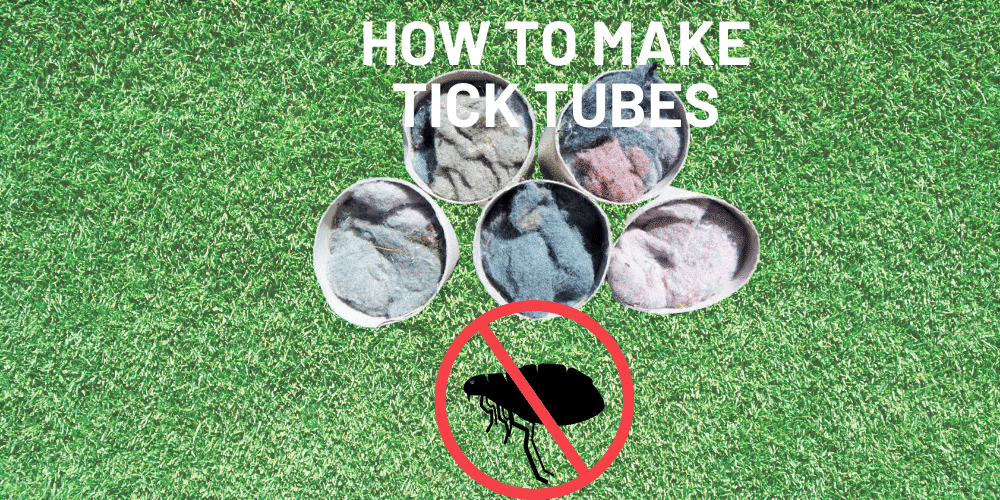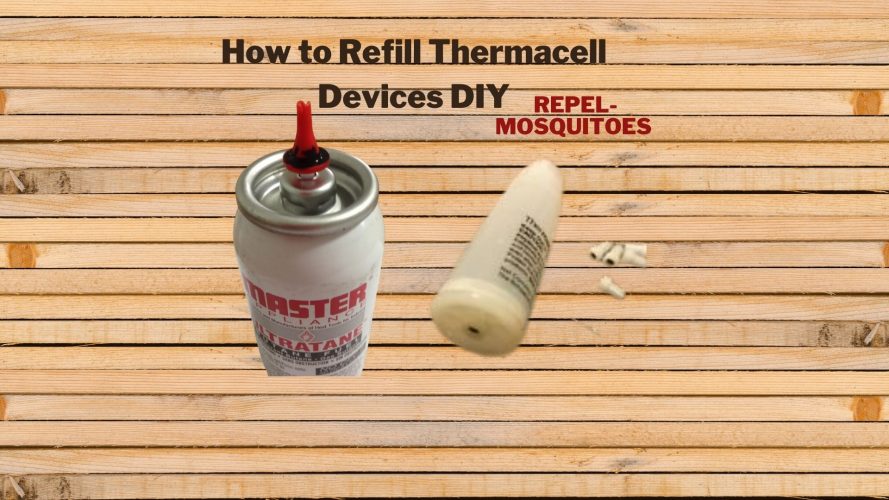Yes, dogs are sensitive to mosquitoes. Mosquito bites can cause itching, swelling, and redness in dogs, and can lead to excessive scratching and chewing, which can cause further irritation and damage to the skin. Additionally, mosquitoes can carry and transmit serious diseases to dogs, such as heartworm and West Nile virus, which can have serious and potentially life-threatening consequences. Therefore, it is important to take preventative measures to protect dogs from mosquitoes.
The factors that can affect a dog’s sensitivity to mosquitoes
keep the following factors in mind when trying to prevent mosquitoes from biting your dog, as different dogs may have different levels of sensitivity.
Coat type and thickness: Dogs with thick and dense coats may be less sensitive to mosquitoes, as the fur provides some protection from bites. On the other hand, dogs with thin or short coats are more likely to be bitten, as mosquitoes can easily reach their skin.
Age and health status: Puppies, elderly dogs, and dogs with weakened immune systems are more susceptible to mosquito bites and the diseases they may carry. These dogs may also have a more severe reaction to bites and are more likely to develop secondary infections.
Breed and size: Larger dogs may be less sensitive to mosquitoes due to their size and the height at which they hold their heads. Some breeds, such as retrievers, hounds, and pointers, have long ears that can provide additional protection from bites. On the other hand, breeds with short, flat faces, such as bulldogs and pugs, are more susceptible to bites as their ears and faces are closer to the ground.
By taking preventative measures and talking to your veterinarian about the best options for your pet, you can help keep your dog safe from mosquitoes and the diseases they may carry.
The symptoms of Mosquito bites in dogs
Itching and scratching: One of the most common symptoms of mosquito bites in dogs is itching and scratching. Dogs may bite, chew, or scratch at the affected area, which can lead to further skin irritation and damage.
Swelling and redness: Mosquito bites can cause swelling and redness in dogs, which may be accompanied by warmth and tenderness in the affected area.
Bite marks and skin irritation: Dogs may develop bite marks and skin irritation as a result of excessive scratching and chewing at the affected area. In severe cases, this can lead to secondary skin infections.
Potentially serious symptoms: In rare cases, mosquitoes can transmit serious diseases to dogs, such as heartworm and West Nile virus. If your dog is infected, it may develop anemia, coughing, lethargy, and loss of appetite, among other symptoms. If you suspect that your dog has been infected with a mosquito-borne disease, it is important to seek veterinary care as soon as possible.
If you notice any of these symptoms in your dog after a mosquito bite, it is important to take action to prevent further skin irritation and to reduce the risk of secondary infections. This may include using insect repellents, keeping your dog inside during peak mosquito hours, and bathing your pet regularly to remove any dirt and debris from its coat. Additionally, it is important to talk to your veterinarian about the best options for protecting your dog from mosquitoes and the diseases they may carry.
Repellents to keep away dogs from mosquitoes bites
Mosquitoes can be a nuisance for both humans and animals, and they can carry diseases such as heartworm, which can be serious and even deadly for dogs. To prevent mosquito bites in dogs, there are two main types of repellents available: topical and collar repellents.
Topical repellents are applied directly to the dog’s skin and coat. They are available in sprays, lotions, and wipes. When using a topical repellent, it is important to follow the instructions on the packaging and avoid getting the product in the dog’s eyes, nose, or mouth. Some topical repellents contain ingredients such as DEET, picaridin, or lemon eucalyptus oil, which are effective in repelling mosquitoes.
Collar repellents use the same principle as topical repellents, but they are applied in the form of a collar that the dog wears around its neck. These collars are impregnated with repellent compounds, and they release a small amount of the repellent over time, providing long-lasting protection against mosquitoes. Some collars also protect against fleas and ticks.
In addition to using repellents, you can also reduce your dog’s exposure to mosquitoes by avoiding areas with stagnant water, such as ponds, pools, or puddles, and keeping your pet indoors during peak mosquito hours, which are usually dawn and dusk.
By using a repellent and following a few simple precautions, you can help keep your dog safe and comfortable during mosquito season.
Dogs are sensitive to mosquitoes and can be easily bitten by them. Mosquitoes can carry diseases such as heartworm, which can be serious and even deadly for dogs. In addition to carrying diseases, mosquito bites can also be painful and cause skin irritation for dogs. To protect dogs from mosquitoes, it is important to use a repellent and follow a few simple precautions to reduce their exposure to these pests.



